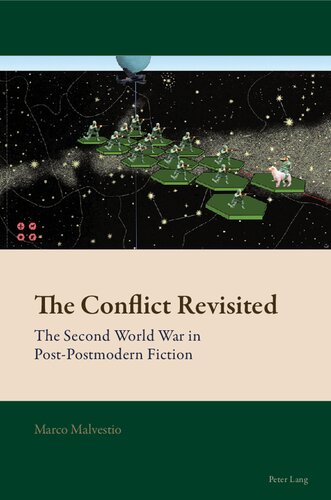

Most ebook files are in PDF format, so you can easily read them using various software such as Foxit Reader or directly on the Google Chrome browser.
Some ebook files are released by publishers in other formats such as .awz, .mobi, .epub, .fb2, etc. You may need to install specific software to read these formats on mobile/PC, such as Calibre.
Please read the tutorial at this link: https://ebookbell.com/faq
We offer FREE conversion to the popular formats you request; however, this may take some time. Therefore, right after payment, please email us, and we will try to provide the service as quickly as possible.
For some exceptional file formats or broken links (if any), please refrain from opening any disputes. Instead, email us first, and we will try to assist within a maximum of 6 hours.
EbookBell Team

4.7
36 reviewsThis book traces the development of literary poetics after postmodernism and outlines the most important features of what is defined here as post-postmodernism. This new literary form simultaneously recovers the characteristics of the traditional novel and abandons the ironic approach of postmodernism, while also retaining some postmodern narrative devices such as autofiction and metafiction. To render the global dimension of this phenomenon, this book focuses on the theme of the Second World War, an increasingly pivotal subject for historical novels in the twenty-first century worldwide. The study analyses the work of a variety of authors from several national literatures, focusing mainly on Roberto Bolaño, William T. Vollmann and Jonathan Littell, and drawing comparison with other authors, such as Rachel Seiffert, Sarah Waters, Laurent Binet, Ian McEwan and Giorgio Falco.